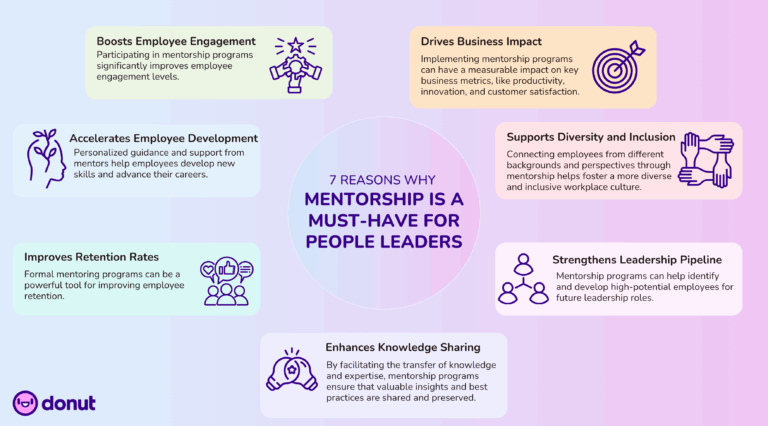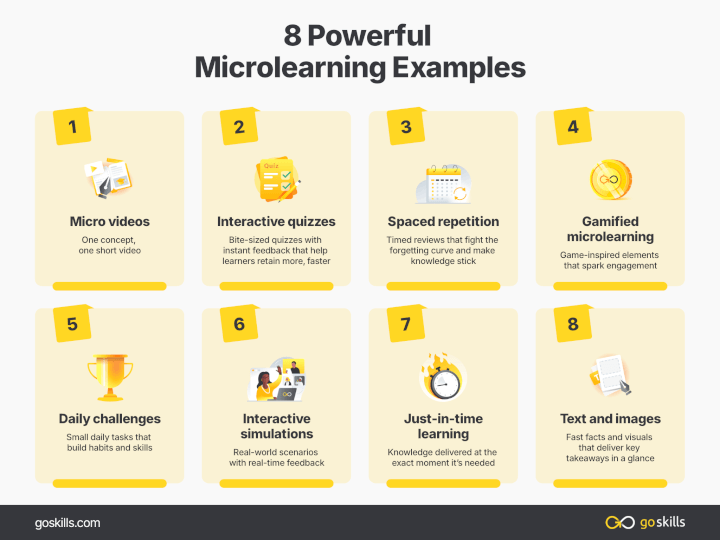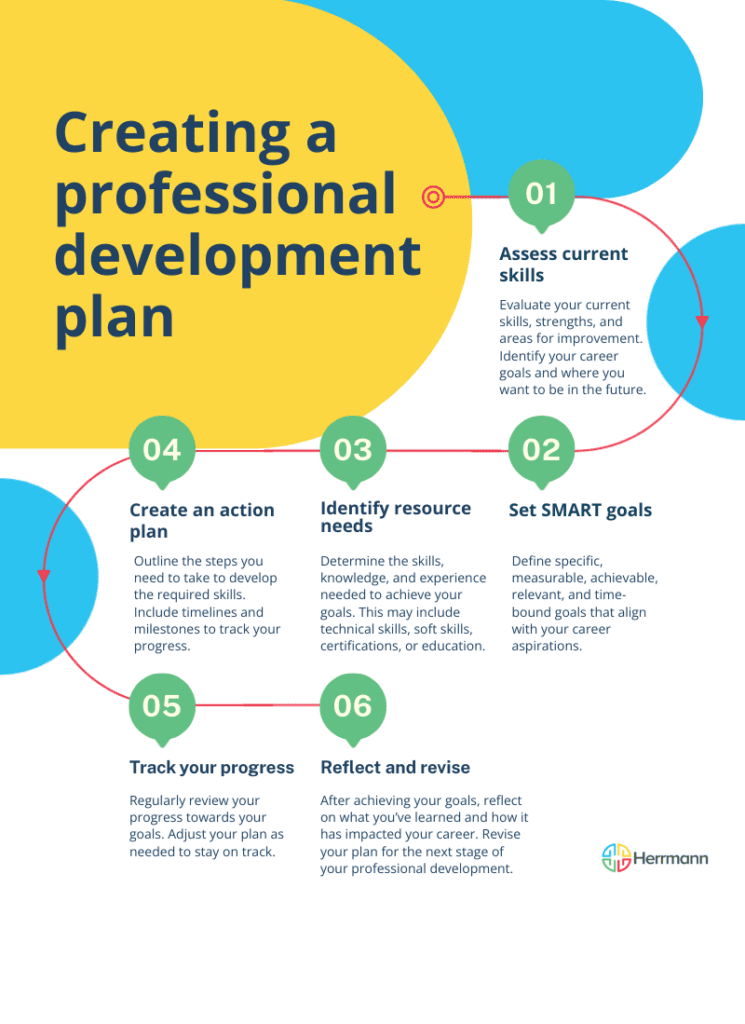The Role Of Emotional Intelligence In Career And Workplace Success
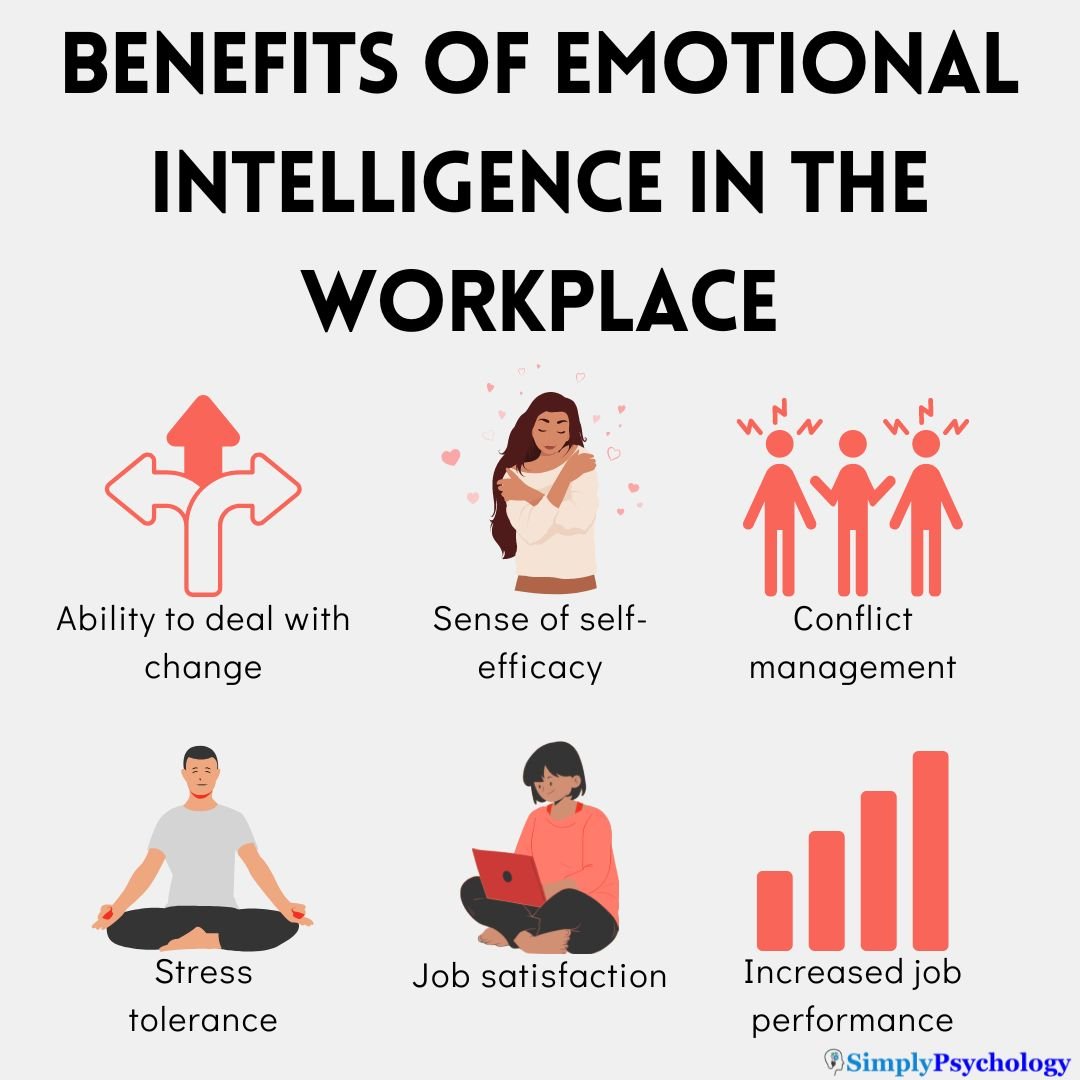
Ever noticed how some people excel at navigating office politics and maintaining harmonious relationships, while others struggle? Emotional intelligence (EI), a term popularized in the 1990s, plays a crucial role in this dynamic. Studies show that individuals with high EI tend to have better job performance and leadership skills.
Emotional intelligence involves recognizing and managing one’s own emotions, as well as understanding and influencing the emotions of others. According to a study by TalentSmart, 90% of top performers possess high EI. This skill not only fosters a positive workplace environment but also drives career advancement and resilience in challenging situations.

The Role of Emotional Intelligence in Career and Workplace Success
Emotional intelligence (EI) refers to the ability to recognize and manage our own emotions while understanding and influencing the emotions of others. It plays a significant role in career success. Employees with high EI tend to have better job performance and leadership skills.
In the workplace, individuals with strong emotional intelligence enhance teamwork and communication. They excel in problem-solving and conflict resolution. This leads to a more harmonious and productive work environment.
According to research, companies with emotionally intelligent leaders experience higher employee satisfaction and retention rates. These leaders create a positive atmosphere, promoting employee engagement. You can read more about its impact on the workplace here is the article.
Developing emotional intelligence includes improving skills like empathy, self-regulation, and social awareness. These skills can be cultivated over time through practice and mindfulness. For more insights on developing EI, check this post.
Defining Emotional Intelligence and Its Core Components
Emotional intelligence (EI) is the ability to understand and manage our own emotions. It also involves recognizing and influencing the emotions of others. This skill is crucial for building strong relationships.
EI consists of several core components, including self-awareness, self-regulation, motivation, empathy, and social skills. Each of these components plays a distinct role in how we interact with others. Here’s a breakdown of these elements:
- Self-awareness: Knowing our own strengths and weaknesses.
- Self-regulation: Managing our emotions effectively.
- Motivation: Being driven to achieve goals.
- Empathy: Understanding the emotions of others.
- Social skills: Building and maintaining relationships.
These components work together to help individuals navigate social complexities. People who excel in these areas are better equipped to handle stress. They also foster positive interactions both in personal and professional settings.
Developing emotional intelligence is an ongoing process. It requires practice and mindfulness. By focusing on these core components, we can improve our overall emotional well-being.
How Emotional Intelligence Influences Workplace Interactions and Leadership
Emotional intelligence (EI) greatly affects how people interact at work. Those with high EI are better at understanding their colleagues’ feelings. This leads to improved teamwork and collaboration.
Leaders with strong EI can inspire and motivate their teams effectively. They know how to handle stress and remain calm under pressure. This creates a more stable and positive work environment.
In workplace interactions, EI helps in resolving conflicts efficiently. Empathy allows leaders to see things from others’ perspectives. This fosters trust and open communication among team members.
Research shows that organizations with emotionally intelligent leaders have higher employee satisfaction. They also experience lower turnover rates. This is because EI encourages a supportive and nurturing workplace culture.
The Impact of Emotional Regulation on Professional Relationships
Emotional regulation is the ability to control and manage your emotions. In the professional setting, this skill is crucial. It helps prevent conflicts and fosters a more positive environment.
When employees can regulate their emotions, they are less likely to react impulsively. This leads to more thoughtful and measured responses. It helps maintain harmony in the workplace.
Leaders who exhibit strong emotional regulation set a positive example for their teams. They can handle stressful situations with calm and composure. This creates a sense of stability and fairness within the organization.
Emotional regulation also enhances problem-solving abilities. Employees who manage their emotions can think more clearly and make better decisions. This contributes to overall productivity and efficiency.
Moreover, emotional regulation encourages mutual respect among team members. It promotes empathy and understanding. This strengthens professional relationships and collaboration in the workplace.
To improve emotional regulation, practicing mindfulness and stress management techniques can be beneficial. Regular self-reflection and learning from experiences can also enhance this skill. Developing strong emotional regulation is a continuous process that yields positive long-term results.
Skill Development: Enhancing Your Emotional Intelligence
Improving your emotional intelligence (EI) starts with self-awareness. Reflect on your emotions and how they affect your actions. This helps you understand your emotional triggers better.
Another key aspect is self-regulation. Practice controlling your emotions in stressful situations. Techniques like deep breathing and mindfulness can be very effective.
Empathy is crucial for building strong relationships. Try to put yourself in others’ shoes and understand their perspectives. This enhances your ability to connect with colleagues.
Developing social skills also boosts your EI. Engaging in active listening and clear communication improves your interactions. Here are some practices to enhance these skills:
- Participate in team activities.
- Practice open and honest communication.
- Handle conflicts calmly and constructively.
Lastly, staying motivated to improve your EI is essential. Set personal goals for emotional growth. Continuously seek feedback and adapt to improve.
Case Studies: Effective Emotional Intelligence in Action
Emotional intelligence can be observed in real-life scenarios, especially in leadership roles. For example, a manager with high EI managed to calm a heated team meeting. By listening actively and addressing the concerns empathetically, they diffused the tension.
In another instance, a customer service representative uses EI to handle angry customers. The representative remains calm, acknowledges the customer’s frustration, and offers solutions. This approach leads to higher customer satisfaction and loyalty.
Similarly, during a major project crisis, a team leader exhibited exceptional emotional regulation. They remained composed and guided the team with clear communication and support. This kept the team focused, resulting in the successful completion of the project.
Here’s a table summarizing these case studies:
| Case Study | EI Component | Outcome |
|---|---|---|
| Team Meeting | Empathy and active listening | Resolved tension |
| Customer Service | Emotional regulation | Increased customer satisfaction |
| Project Crisis | Composure and clear communication | Successful completion |
These case studies highlight the practical impact of EI in various workplace scenarios. By applying emotional intelligence, leaders and employees can create a positive and productive environment. This underscores the importance of developing and practicing EI skills.
Strategies to Measure and Improve Emotional Intelligence in Teams
Evaluating emotional intelligence (EI) within a team starts with assessing individual skills. Surveys and self-assessment tools can help measure abilities like empathy, self-regulation, and social skills. These evaluations provide a baseline for improvement.
One effective strategy is to provide regular training sessions focused on EI development. Workshops on communication, conflict resolution, and stress management can be quite beneficial. This ongoing education helps reinforce key emotional skills.
Encouraging open feedback within the team also plays a vital role. Team members should feel comfortable sharing their experiences and observations. Constructive feedback fosters growth and better understanding among colleagues.
Here’s a list of activities that can enhance team EI:
- Role-playing exercises to practice empathy and active listening.
- Group discussions on managing emotions during stressful situations.
- Meditation or mindfulness sessions to improve self-regulation.
Successful implementation of these strategies requires consistent effort from both leaders and team members. Regularly revisiting progress and making adjustments ensures continuous improvement in emotional intelligence. Strengthening EI within teams leads to higher productivity and more harmonious work environments.
Future Trends: The Growing Importance of Emotional Intelligence in Corporate Cultures
The importance of emotional intelligence (EI) in the corporate world is steadily increasing. Companies are recognizing that EI can lead to better leadership and employee performance. This trend is expected to continue growing in the coming years.
As workplaces become more collaborative, EI becomes crucial for effective teamwork. Employees with high EI can navigate complex social dynamics. This results in smoother communication and better conflict resolution.
Future leaders will likely prioritize EI when building their teams. They will seek out individuals who demonstrate strong emotional self-awareness and empathy. This shift will contribute to more inclusive and supportive work environments.
Incorporating EI into corporate training programs is another emerging trend. Training sessions might include:
- Workshops on empathy and active listening.
- Exercises for stress management and emotional regulation.
- Activities that promote teamwork and collaboration.
With the rise of remote work, the role of EI has become even more important. Virtual teams need to rely on strong communication and emotional skills to stay connected. Companies that cultivate EI in their cultures are likely to thrive in this new landscape.
Key Takeaways
- Emotional intelligence helps improve leadership and teamwork.
- Higher emotional intelligence leads to better job performance.
- It aids in managing stress and resolving conflicts.
- Employees with EI build strong professional relationships.
- A cohesive work environment results from high EI levels.
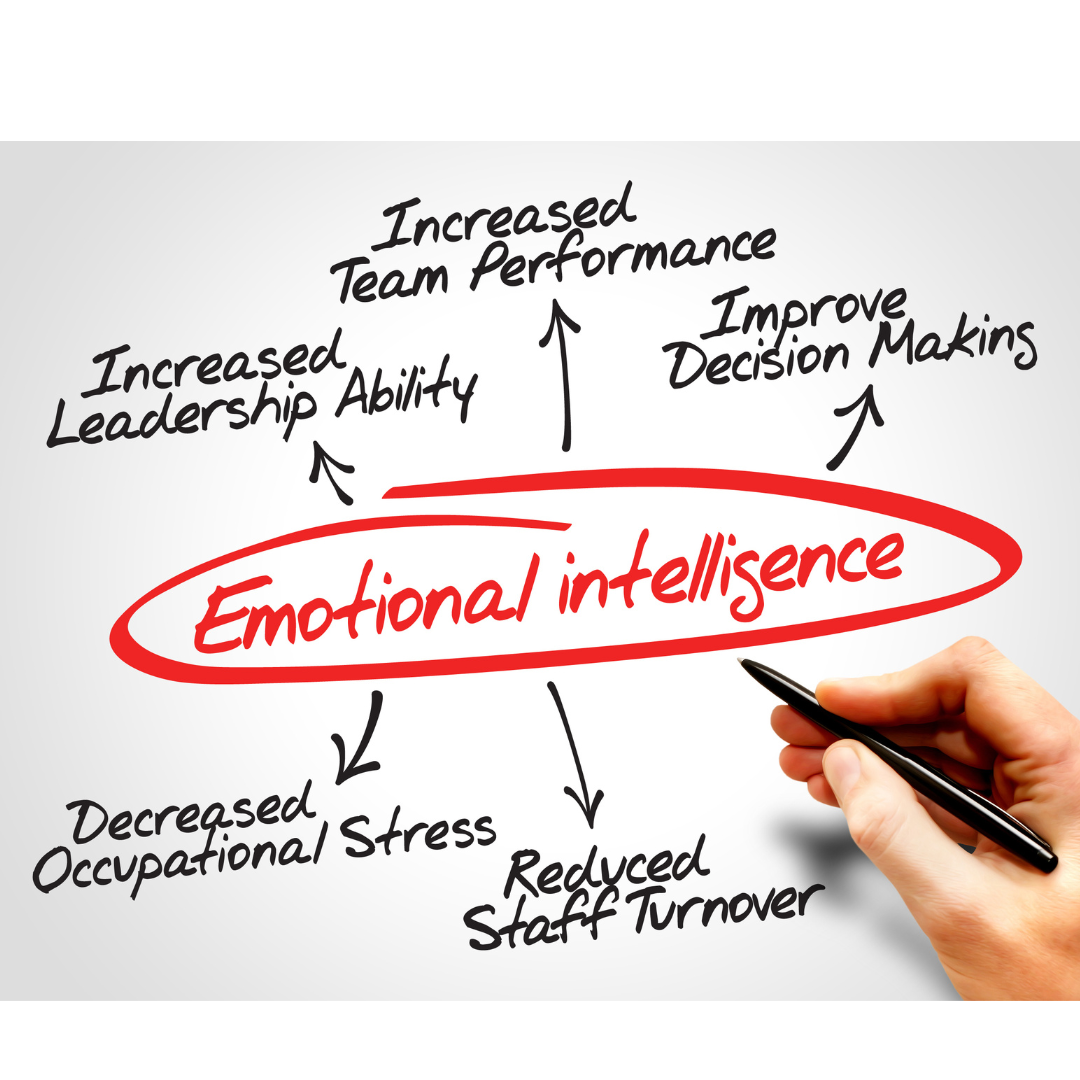
Conclusion
Emotional intelligence is crucial for career growth and workplace harmony. It enhances leadership qualities and fosters better teamwork. As a result, it significantly improves overall job performance.
Developing emotional intelligence requires continuous effort. With practice, individuals can better manage stress and build stronger professional relationships. Ultimately, a high EI leads to a more cohesive and productive work environment.


